Forums
- Forums
- Duggy's Reference Hangar
- Misc Library
- Hanriot HD.3
Hanriot HD.3
Post a reply
- Go to Previous topic
- Go to Next topic
- Go to Welcome
- Go to Introduce Yourself
- Go to General Discussion
- Go to Screenshots, Images and Videos
- Go to Off topic
- Go to Works in Progress
- Go to Skinning Tips / Tutorials
- Go to Skin Requests
- Go to IJAAF Library
- Go to Luftwaffe Library
- Go to RAF Library
- Go to USAAF / USN Library
- Go to Misc Library
- Go to The Ops Room
- Go to Made in Germany
- Go to Campaigns and Missions
- Go to Works in Progress
- Go to Juri's Air-Raid Shelter
- Go to Campaigns and Missions
- Go to Works in Progress
- Go to Skinpacks
- Go to External Projects Discussion
- Go to Books & Resources
-
 Main AdminDesign and development
Main AdminDesign and development
Similar in appearance to a scaled-up HD.1, the Hanriot HD.3 was a conventional, single-bay biplane with staggered wings of equal span. The pilot and gunner sat in tandem, open cockpits and the main units of the fixed tailskid undercarriage were linked by a cross-axle. Short struts braced the fuselage sides to the lower wing.
Powered by the excellent new 260hp Salmson (Canton-Unne) 9Za radial, the HD.3 had an armament of two fixed synchronised 7.7mm Vickers guns and two 7.7mm Lewis guns on a flexible mounting for the aftfacing gunner. A preliminary order was placed on behalf of the Aviation miiitaire for 120 HD.3s in April 1918, the total subsequently being raised to 300 when it was also ordered for the Aviation maritime.
Operational history
When the war ended, the contract was cancelled with around 75 aircraft having been delivered to the Aéronautique Militaire and at least 15 to the Aéronautique Maritime. One example was delivered to the Aéronautique Maritime in summer 1918 equipped with twin float undercarriage and a larger tailfin; it was intended that this would be the prototype of a dedicated floatplane fighter designated HD.4, but the war ended before any further development took place. The Armistice also led to the abandonment of a dedicated night fighter variant, the HD.3bis, with enlarged and balanced ailerons and rudder and with a wing of increased section.
After the war, one of the navy's machines was used for trials aboard the new aircraft carrier Béarn, while another was used for floatation tests at the Isle of Grain.
Variants
HD.3 C.2
Main production version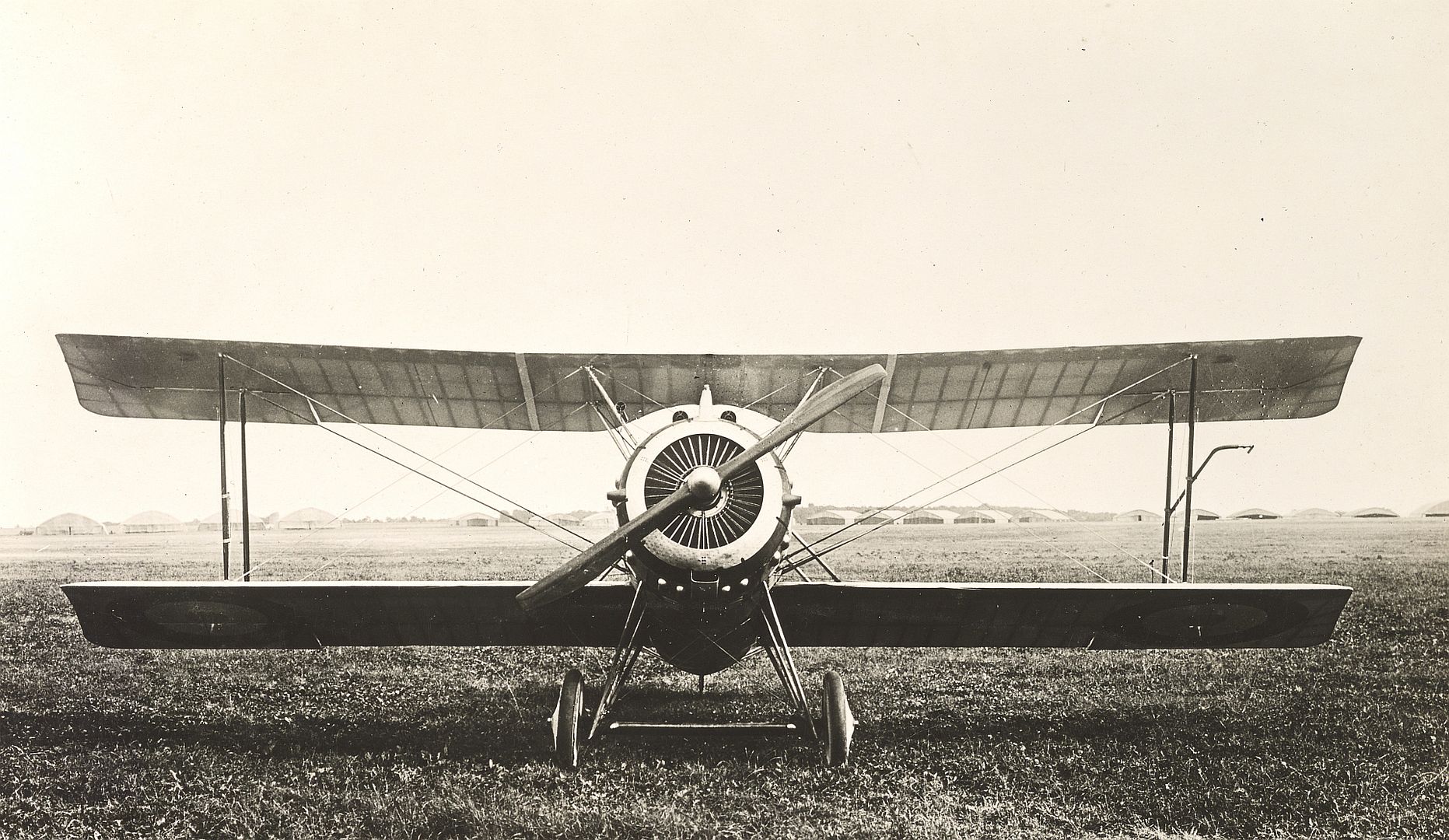
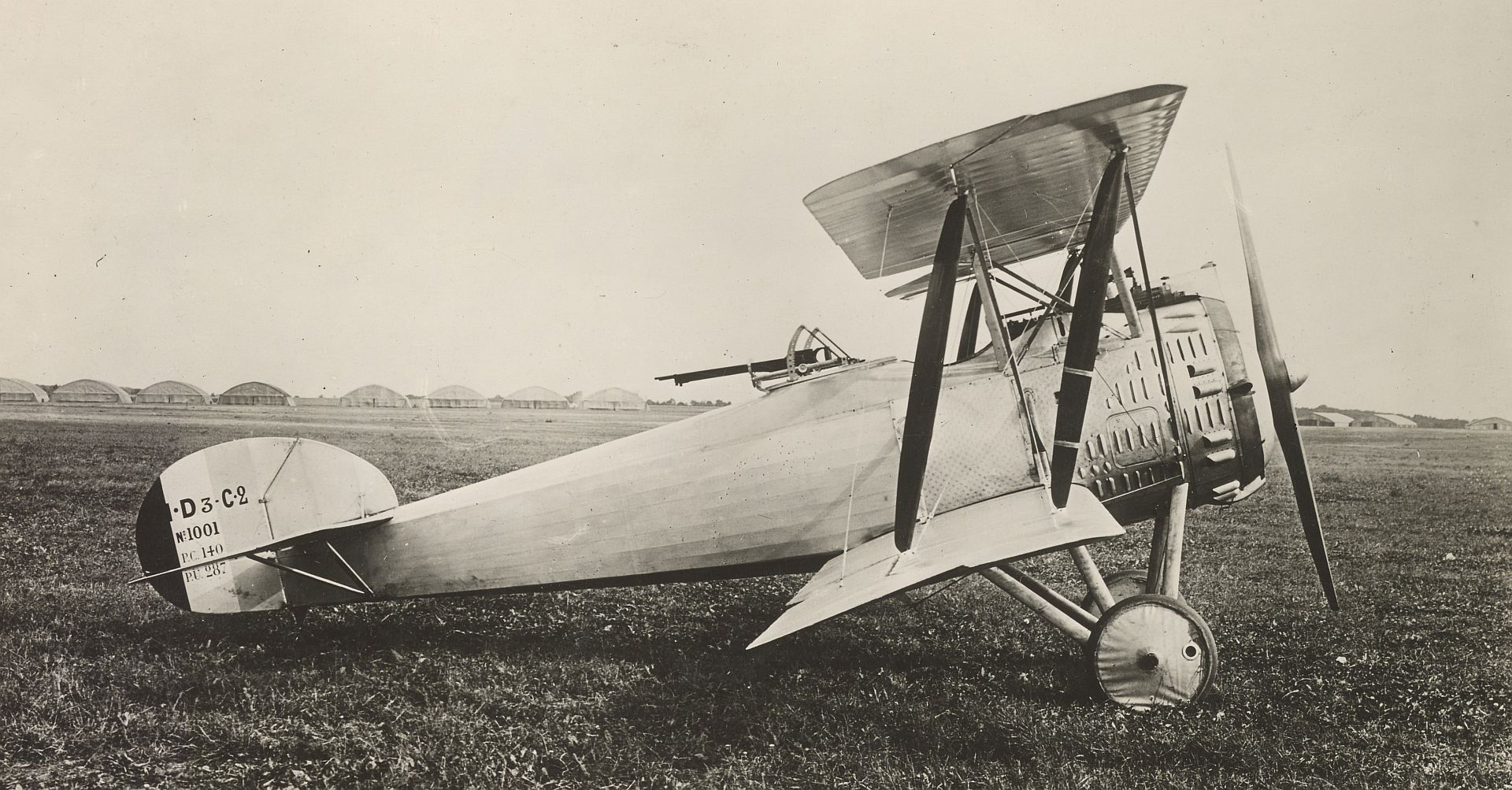
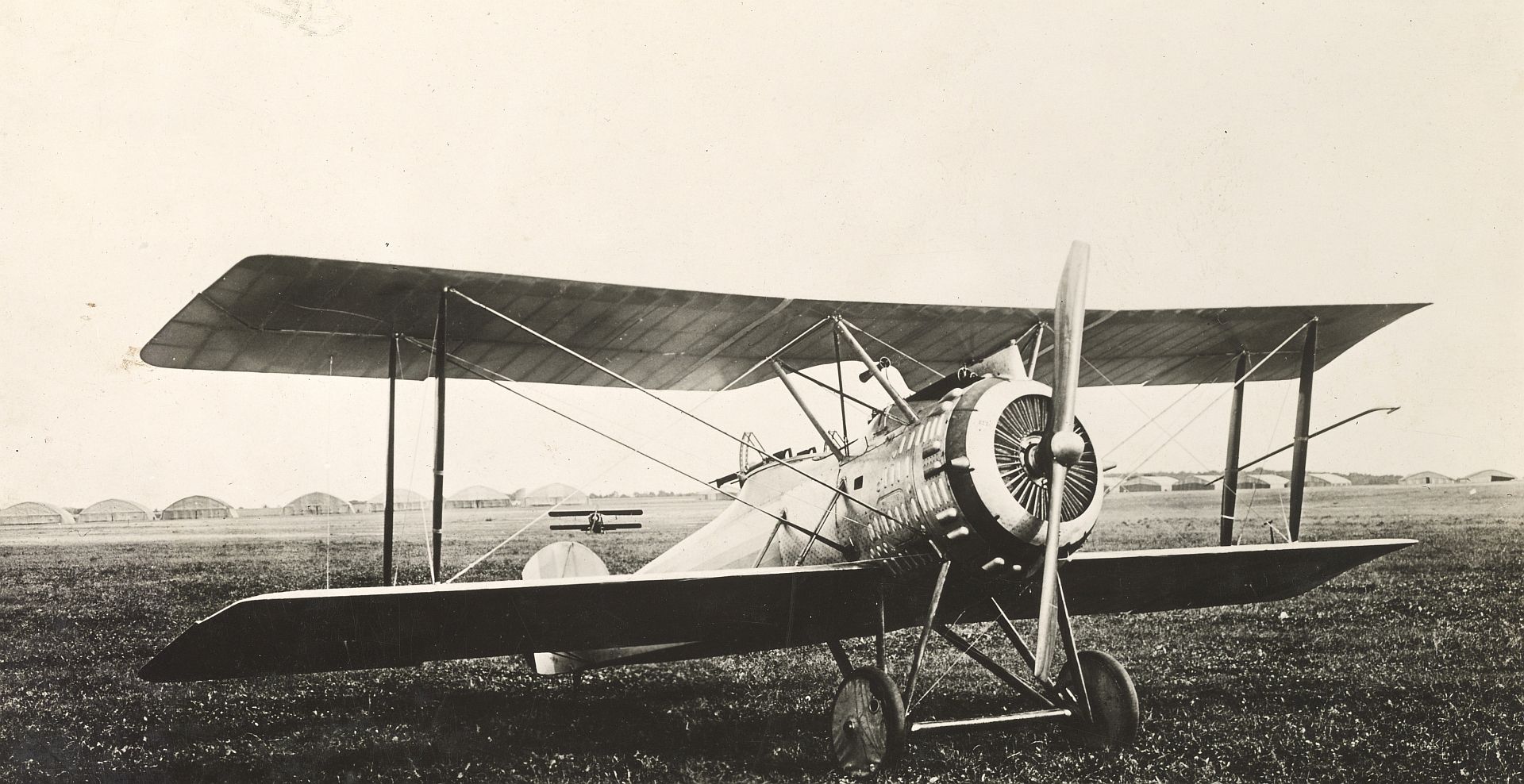
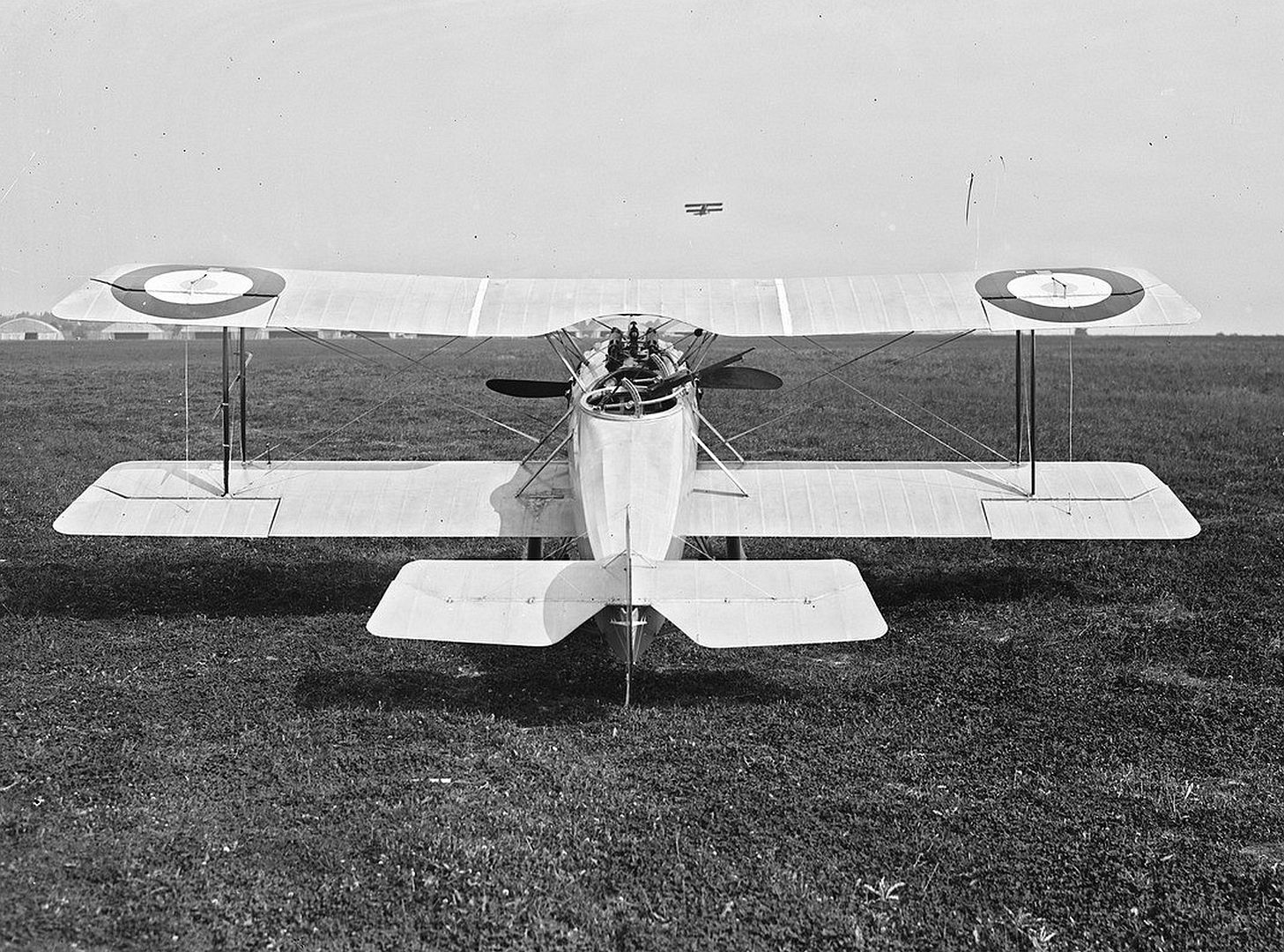
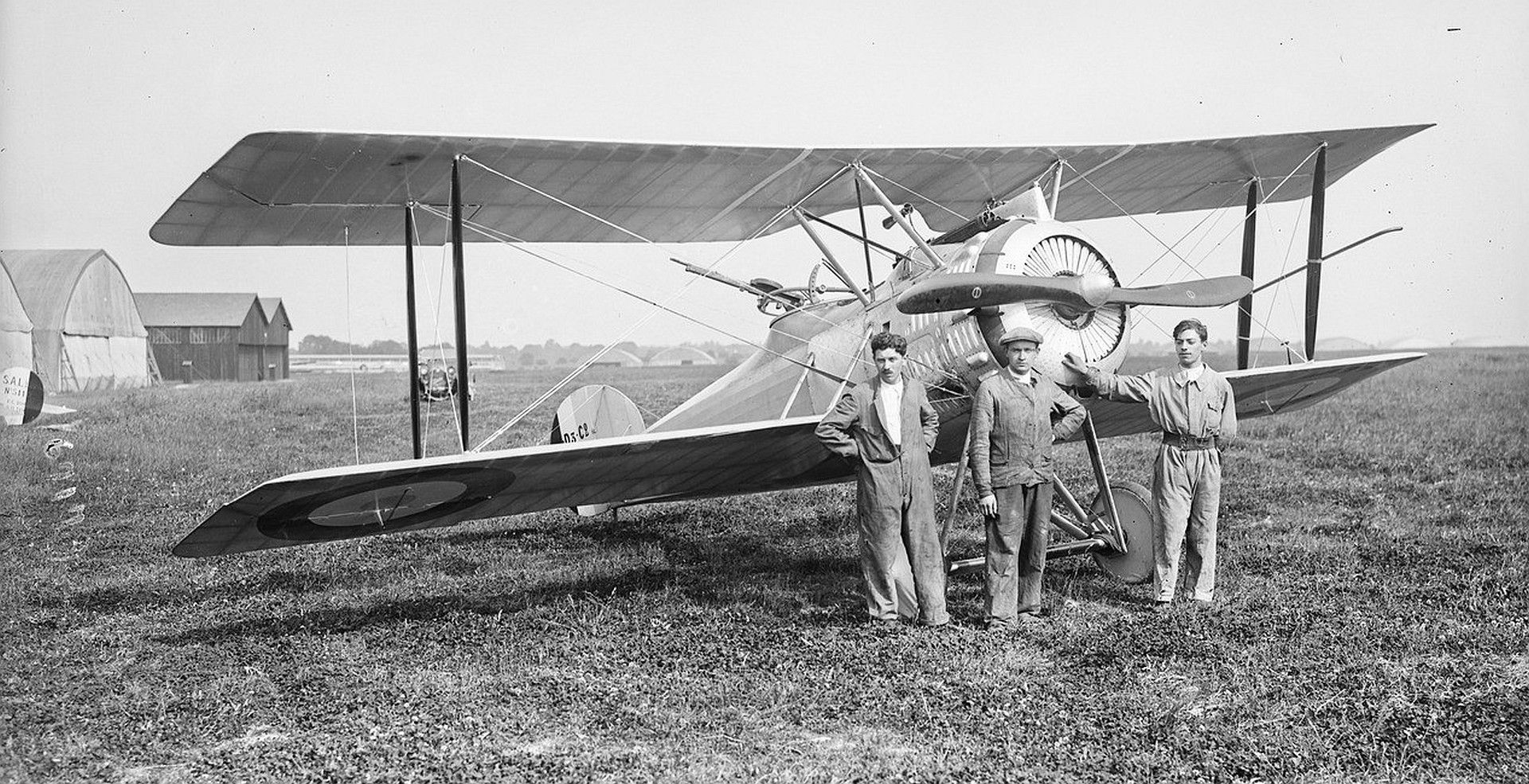
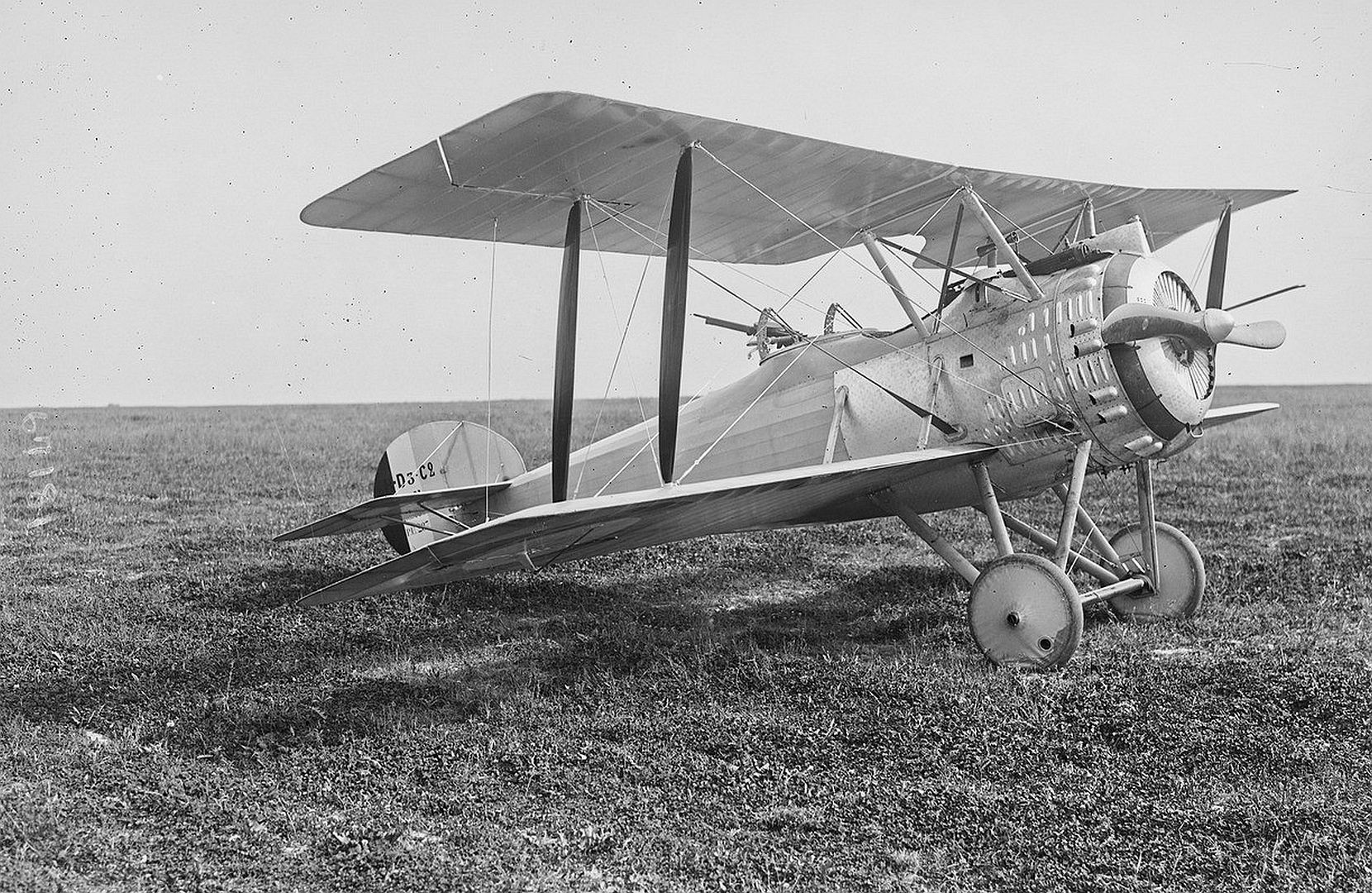
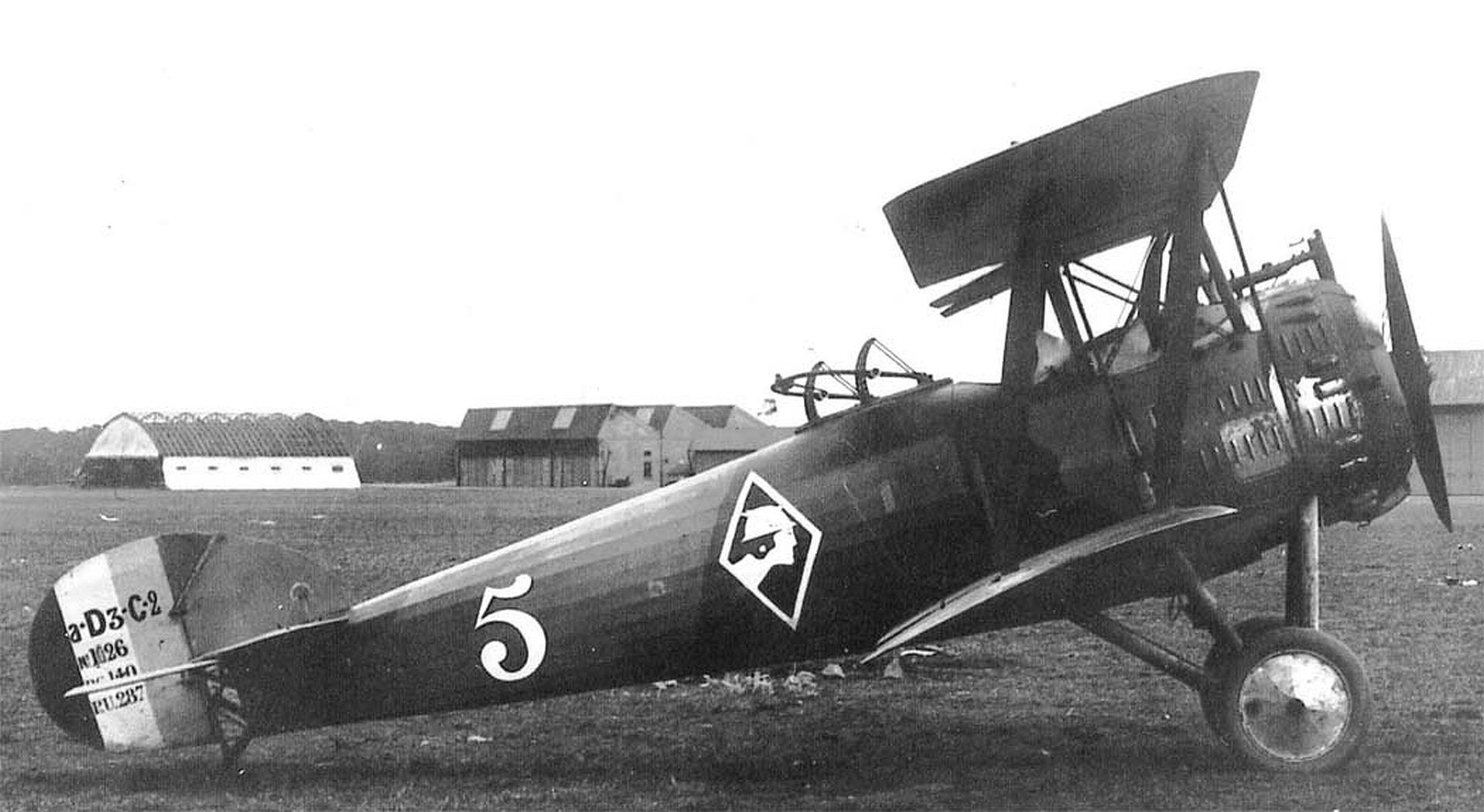
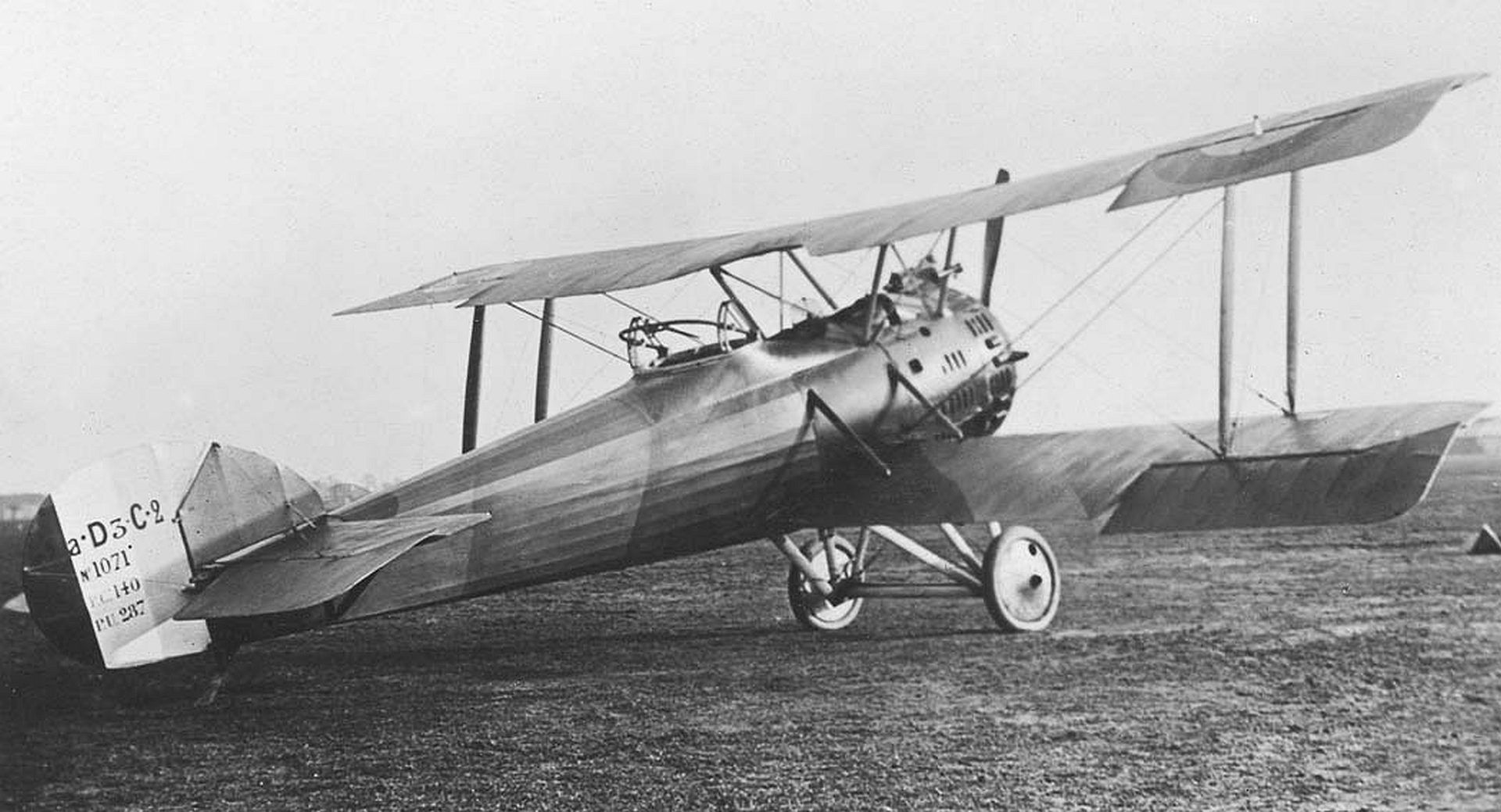
HD.3bis CN.2
Nightfighter prototype with thick wing section and revised control surfaces (1 built)
HD.4
Floatplane derivative of HD.3. One built.
HD.9 Ap.1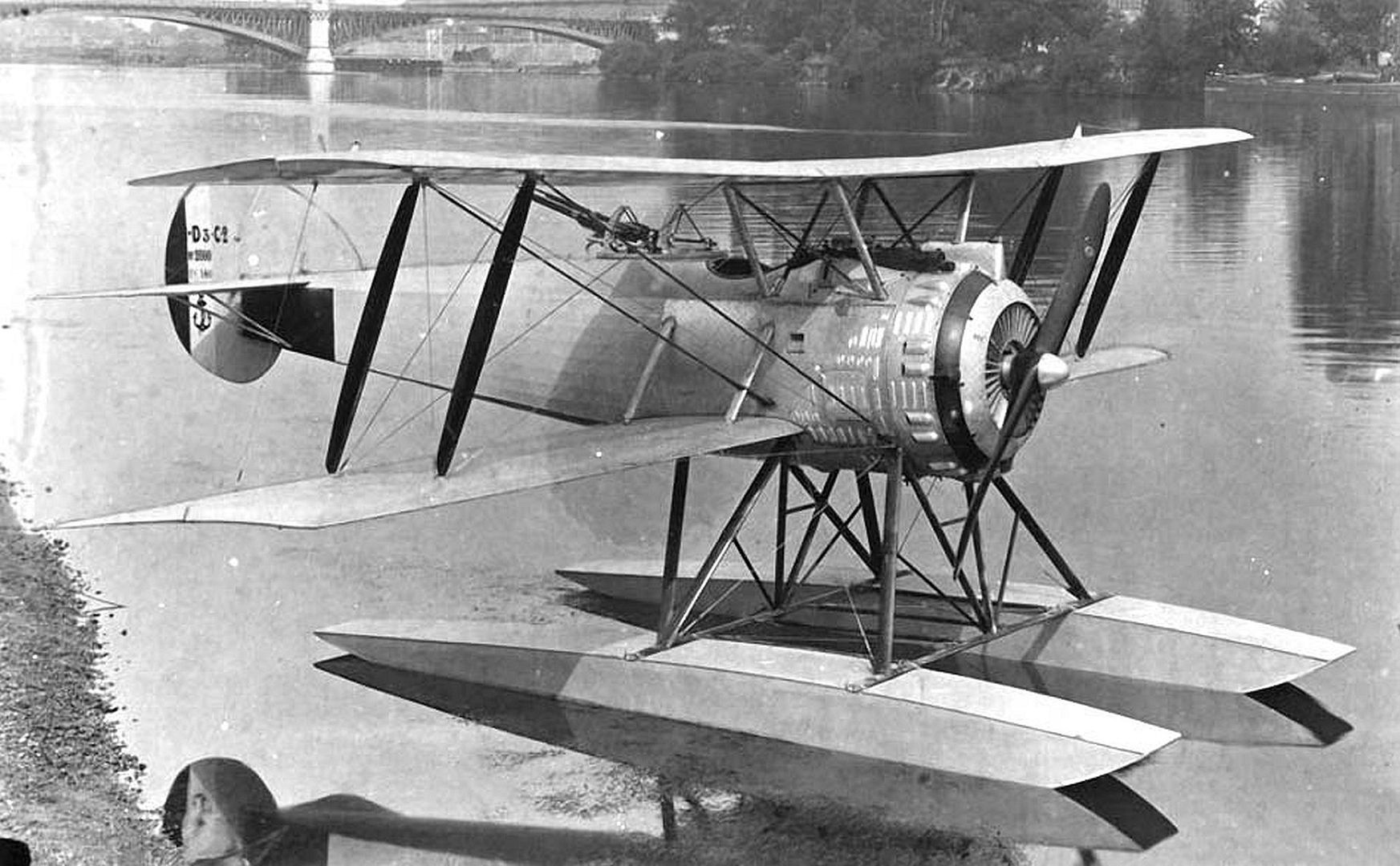
Single-seat photo-reconnaissance biplane, powered by a 190 kW (260 hp) Salmson 9Za water-cooled radial piston engine. Ten evaluation aircraft were ordered, with the first completed in November 1918.
Specifications (HD.3 C.2)
General characteristics
Crew: Two, pilot and gunner
Length: 6.95 m (22 ft 10 in)
Wingspan: 9.00 m (29 ft 6 in)
Height: 3.00 m (9 ft 10 in)
Wing area: 25.5 m2 (274 sq ft)
Empty weight: 760 kg (1,676 lb)
Gross weight: 1,180 kg (2,601 lb)
Powerplant: 1 × Salmson 9Za nine-cylinder water-cooled radial engine, 190 kW (260 hp)
Performance
Maximum speed: 192 km/h (119 mph, 104 kn) at 2,000 m (6,600 ft)
Endurance: 2 hr
Service ceiling: 5,700 m (18,700 ft)
Time to altitude: 12 min 16 s to 3,000 ft (910 m)
Armament
Guns:
2 × fixed, forward-firing .303 Vickers machine guns
2 × trainable, rearward-firing .303 Lewis guns
Post a reply
- Go to Previous topic
- Go to Next topic
- Go to Welcome
- Go to Introduce Yourself
- Go to General Discussion
- Go to Screenshots, Images and Videos
- Go to Off topic
- Go to Works in Progress
- Go to Skinning Tips / Tutorials
- Go to Skin Requests
- Go to IJAAF Library
- Go to Luftwaffe Library
- Go to RAF Library
- Go to USAAF / USN Library
- Go to Misc Library
- Go to The Ops Room
- Go to Made in Germany
- Go to Campaigns and Missions
- Go to Works in Progress
- Go to Juri's Air-Raid Shelter
- Go to Campaigns and Missions
- Go to Works in Progress
- Go to Skinpacks
- Go to External Projects Discussion
- Go to Books & Resources
